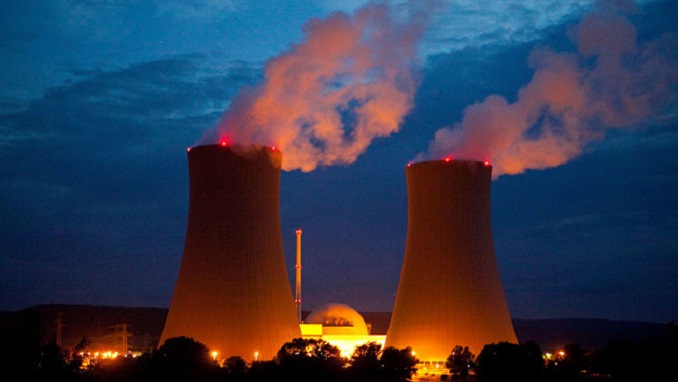The International Energy Agency (IEA), analyzed the consequences of the possible implementation of Belgium’s plans to phase out nuclear power plants and recommended that the country continue using its existing atomic capacities.
As noted in their report, the abandonment of nuclear power plants will increase greenhouse gas emissions, even in the case of a significant transition to renewable energy sources.
The IEA report notes that since the previous review, conducted in 2016, Belgium has made significant progress in the transition to “green” energy.
Thus, the share of renewable sources in the country’s energy balance has increased from 6 to 12% over the past period, primarily due to offshore wind farms, in terms of total capacity of which Belgium ranks sixth in the world.
On the other hand, according to IEA experts, Belgium continues to have a high share of fossil resources (oil – 46%, natural gas – 27%, coal – 3%). Between 2011 and 2019, greenhouse gas emissions decreased by only less than 4% of the current level (90 million tons per year), and there is a tendency that by 2030 these emissions will begin to increase.
Although Belgium has joined the European Union’s plan to achieve “climate neutrality” by 2050, however, according to experts, the country’s government does not have a clear strategy to achieve this goal.

